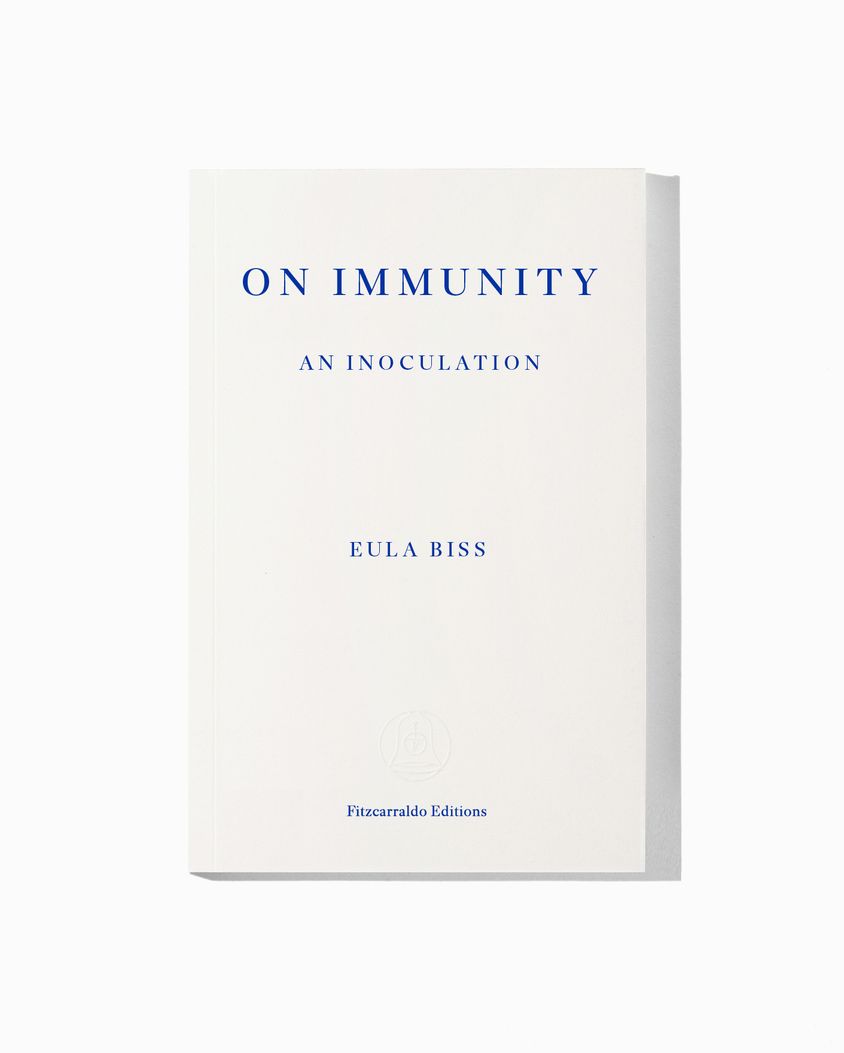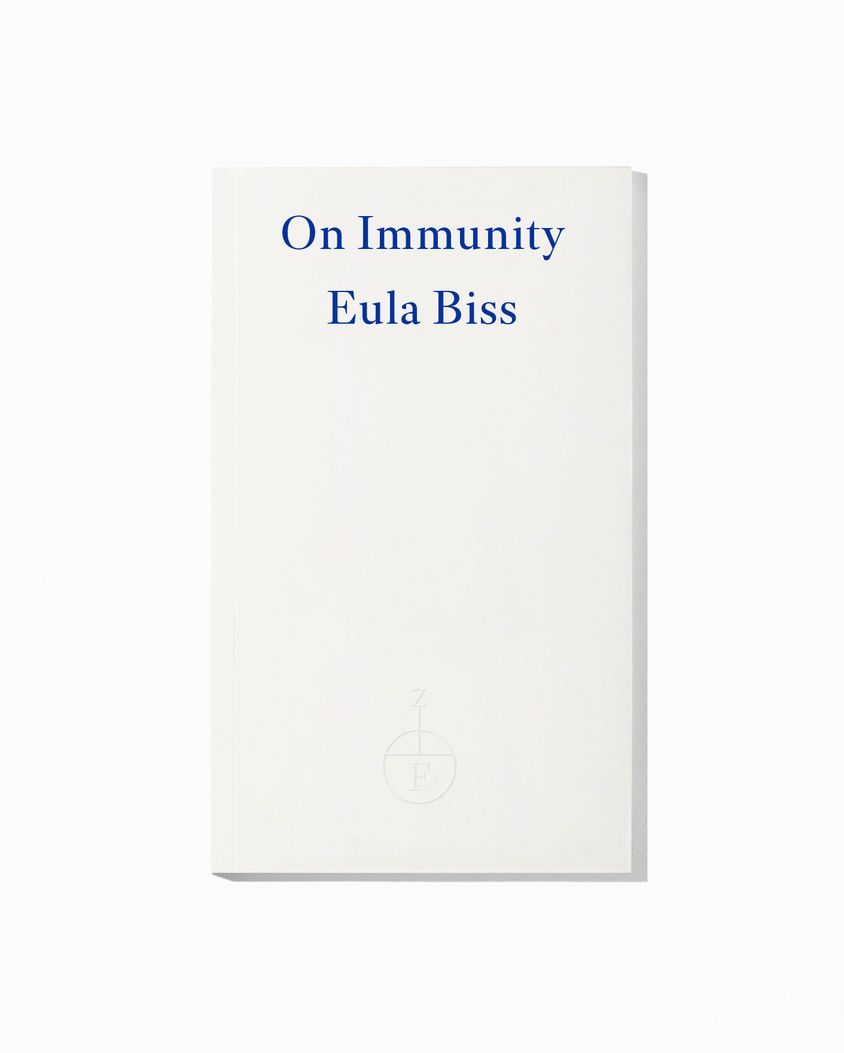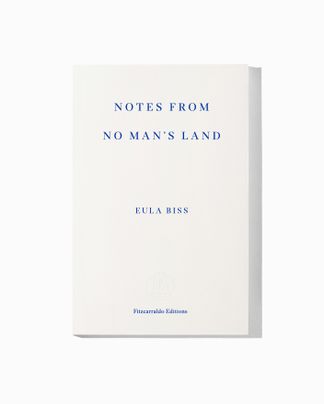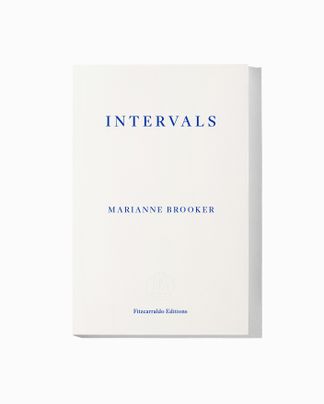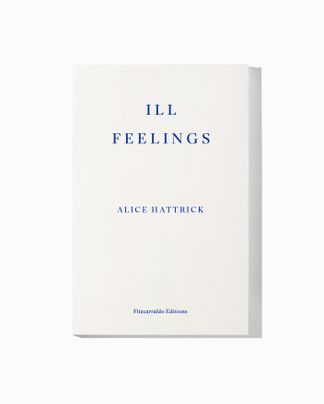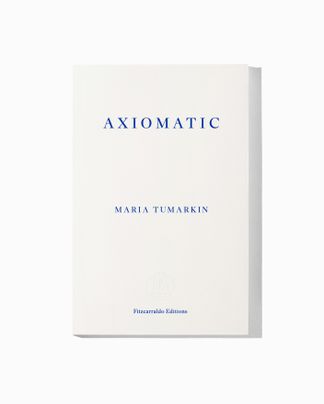We are currently only shipping the trade (non-flapped) paperback edition of this title
In this bold, fascinating book, Eula Biss addresses a chronic condition of fear – fear of the government, the medical establishment, and what may be in your children’s air, food, mattresses, medicines, and vaccines. Reflecting on her own experience as a new mother, Biss investigates the metaphors and myths surrounding our conception of immunity and its implications for the individual and the social body. She extends a conversation with other mothers to meditations on Voltaire’s Candide, Bram Stoker’s Dracula, Rachel Carson’s Silent Spring, Susan Sontag’s AIDS and Its Metaphors, and beyond. On Immunity is an inoculation against our fear and a moving account of how we are all interconnected – our bodies and our fates.

